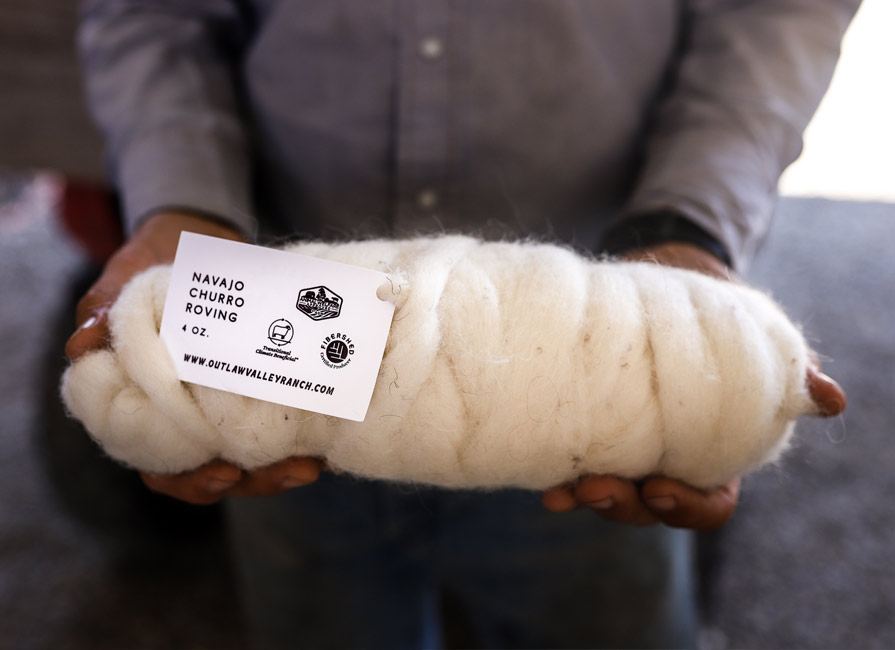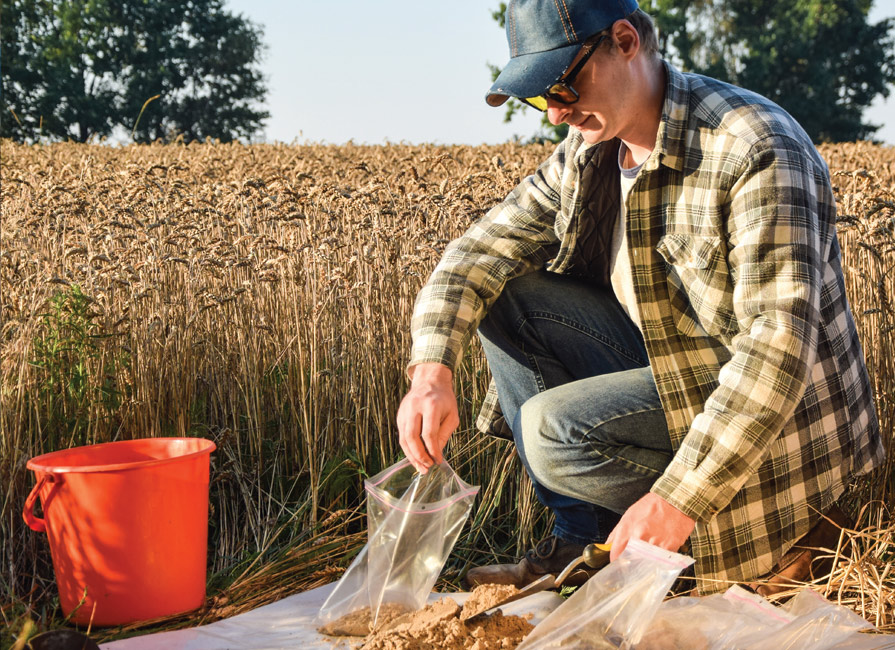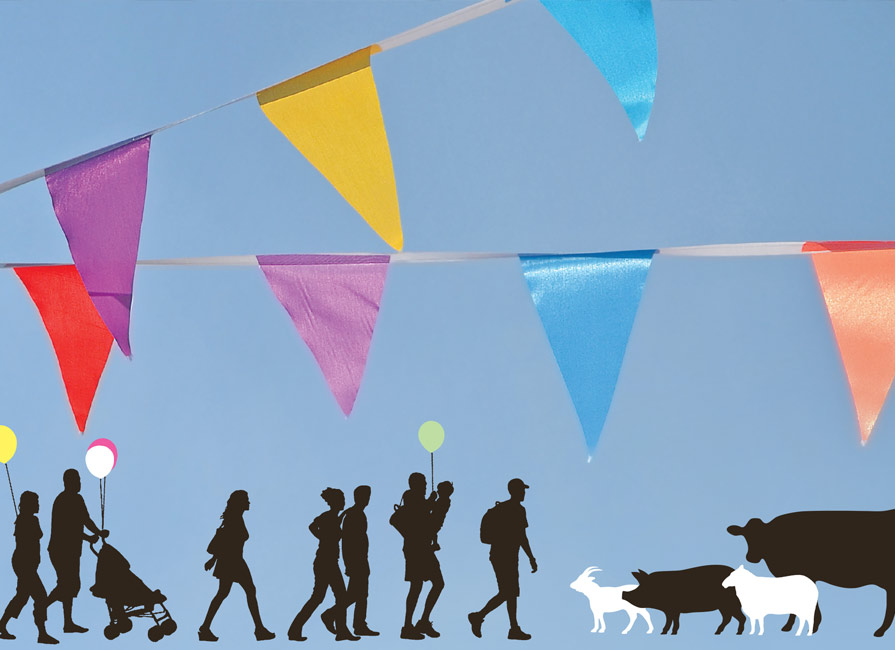Market research shows that today’s consumers are increasingly interested in knowing where their food comes…
The Twelve Days of Business
This year, in a twist on our usual “Top Gifts from Big Ag,” we present the “The Twelve Days of Business,” featuring special ‘gifts’ from Big Food, industrial agriculture and the corporations that now dominate our rural communities. Enjoy, and stick around for the good news on the 12th!
On the first day of Business Big Food gave to me…
Dirty Tricks To Cover Up Risks?
Smearing individual scientists… ghost writing counterfeit science… interfering in government decision-making processes… secret tip offs from regulatory agency staff to corporations… It’s the kind of stuff you’d expect in a Jason Bourne movie. But company emails and documents unsealed in a lawsuit filed by people who claim to have developed non-Hodgkin’s lymphoma as a result of exposure to glyphosate (the active ingredient in Monsanto’s Roundup herbicide) have revealed a range of clandestine activities carried out by Monsanto to cover up and downplay the potential risks of its flagship product. If only it were a movie.
On the second day of Business Big Food gave to me…
The ‘Organic’ Milk Whitewash
In May, journalists from the Washington Post revealed the reasons behind concerns about the growing corporate dominance of U.S. organic dairy production. Video evidence of a certified organic 15,000-cow industrial dairy operation in Colorado (over 100 times larger than the average U.S. organic dairy herd) appears to suggest it is falling well short of key national organic standards—and consumer expectations. “About half of the organic milk sold in the U.S. is coming from very large factory farms that have no intention of living up to organic principles,” reports Mark Kastel of the Cornucopia Institute.
On the Third Day of Business Big Food gave to me…
Undermining the U.S. Grassfed Label Claim…
In June, Sonny Perdue (U.S. Secretary of Agriculture) approved imports of Irish “grassfed” beef from cattle fed “more than 80% grass diet,” highlighting once again the huge problems with the grassfed label claim. As the leading certifier of 100% grassfed beef in North America, we know consumers expect beef labeled as “grassfed” to come from animals fed 100% grass—and nothing else. Yet current rules mean companies can market “grassfed” beef from cattle fed grain as long as they include the percentage of grass and forage fed somewhere on the label (usually in smaller font). We wrote to Perdue to demand the USDA ensure truly transparent labeling for all grassfed beef marketed in the U.S. But we’re not holding our breath…
On the Fourth Day of Business Big Food gave to me…
The Largest ‘DEAD ZONE’ Ever Recorded in the Gulf of Mexico…
Meat industry giants like Tyson Foods and Cargill are directly linked to the largest ‘dead zone’ ever recorded in the Gulf of Mexico. Over a third of U.S. agricultural land is used to grow corn and soy, but 90% goes to feed confined food animals. Excess nitrogen fertilizer from crop land in the Midwest leaches into waterways, and then the Mississippi River, eventually making its way to the Gulf, where it feeds vast aquatic algae blooms. As these decay, the process absorbs oxygen, leading to underwater ‘deserts’ where no marine life can exist. This year’s dead zone is almost 9,000 square miles—or the size of New Jersey.
On the Fifth Day of Business Big Food gave to me…
The Social Costs of Industrial Farming
Big Food’s industrial supply chain has upended rural communities, leaving in its wake a host of social, economic and environmental injustices, reports the Environmental Health News. Over the past four decades, the number of independent hog farms has plummeted by a staggering 90%, while aggregate/total pig production has significantly increased. The rural infrastructure that once supported family farms is rapidly disappearing. Small farmers are forced to industrialize and accept ever tighter contracts—or go bust. Pollution from sprawling intensive pig operations means house prices are plummeting, causing friction among communities.
On the Sixth Day of Business Big Food gave to me…
And the Greenwashing Goes On…
A new study by Arizona State University reveals that consumers unfamiliar with the U.S. Department of Agriculture’s definition of “natural” are willing to pay $1.26 more per pound for beef carrying a “natural” label. Found on millions of food animal products, the “natural” label evokes images of animals frolicking in bucolic pastures. Yet “natural” has absolutely nothing to do with how an animal is raised or treated. According to the USDA, it simply means the product contains no artificial ingredient or added color, and is only minimally processed. Most food animal products sold under the “natural” label came from feedlots or other confinement systems, where routine antibiotics and artificial hormones, GMO feed and other questionable practices associated with intensive, industrial-scale livestock production are the norm.
On the Seventh Day of Business Big Food gave to me…
Weakening Antibiotics…
In November, the World Health Organization—a United Nations agency focused on global health—directly called on the food industry to “stop using antibiotics routinely to promote growth and prevent disease in healthy animals” to prevent the spread of antibiotic resistance. U.S. intensive farms use more antibiotics per pound of meat than any other nation. Around 70% of antibiotics produced in the U.S. are used in food animal production. In 2015 alone, 21 million pounds of medically important antibiotics were sold for use in food animal production. According to the Centers for Disease Control and Prevention, every year at least 2 million Americans become infected with bacteria that are resistant to antibiotics; at least 23,000 die as a direct result.
On the Eighth Day of Business Big Food gave to me…
Lobbying Against Independent Farmers
In October, the meat industry applauded the USDA’s decision to scrap the Interim Final Farmer Fair Practice Rule that was set to go into effect on October 19th—and would have benefited small farmers. Current laws mean that if a small poultry, pork and beef producer wants to sue the major meat processors they supply for mistreatment, the farmer must show the company’s actions hurt not only him/her, but the entire industry. Had the new rules come into force, the farmer would have only needed to show harm to one farmer to support a claim. Many small farmers who voted for President Trump saw the USDA’s decision as an act of betrayal, and those representing them agree: “We are outraged the USDA is withdrawing rules that would clearly provide basic protections for family farmers and rural communities,” said Sally Lee of the Rural Advancement Foundation International-USA.
On the Ninth Day of Business Big Food gave to me…
Selling Out “Organic’ …
News in November that the National Organic Standards Board (NOSB) voted to accept soil-less production systems (read hydroponic) under the organic logo is yet another sign of Big Food’s slow take-over of the organic ‘brand.’ Combined with the tacit approval of the selling of dairy, meat and eggs from industrial-scale confinement food animal systems under the organic label, it’s clear the NOSB has not only lost sight of its roots, but has sold its soul to the highest bidder.
On the 10th Day of Business Big Food gave to me…
GM Crops: Broken Promises
An in-depth review by The New York Times of available research suggests the introduction of genetically modified (GM) crops in the U.S. and Canada has not accelerated increases in crop yields or led to an overall reduction pesticide and herbicide use. United Nations data reveals the U.S. and Canada have gained no discernible advantage in yields—food per acre—when measured against western Europe, a region with comparably modernized agricultural producers like France and Germany, where GM crops have met fierce public opposition.
On the 11th Day of Business Big Food gave to me…
Big Ag Just Keeps Getting Bigger
In June, the Trump administration gave the green light for one of the largest ever mergers in the food and agrochemical industry. The $130-billion deal between DuPont and Dow Chemicals will result in the creation of the second-biggest agrichemical company in the world, in terms of revenue. As well as potentially driving up input prices for farmers, such mergers concentrate significant power over global food production (seeds and chemicals) among a handful of corporations. The announcement also makes approval of the (even bigger) merger of Monsanto and Bayer even more likely.
On the 12th Day of Business A Greener World gave to me…
A Greener World offers a very different future to both consumers and farming communities, with the opportunity to create new food systems based on trust and transparency. Our leading independent third-party farm certifications—including Certified Animal Welfare Approved by AGW, Certified Grassfed by AGW and Certified Non-GMO by AGW—provide consumers with the sustainability assurances they want for the meat, dairy and eggs they buy, while supporting independent farming businesses, local economies and thriving rural communities, as well as protecting our shared environment. With your support, we look forward to continuing our work in 2018. Together we really can make this A Greener World!



